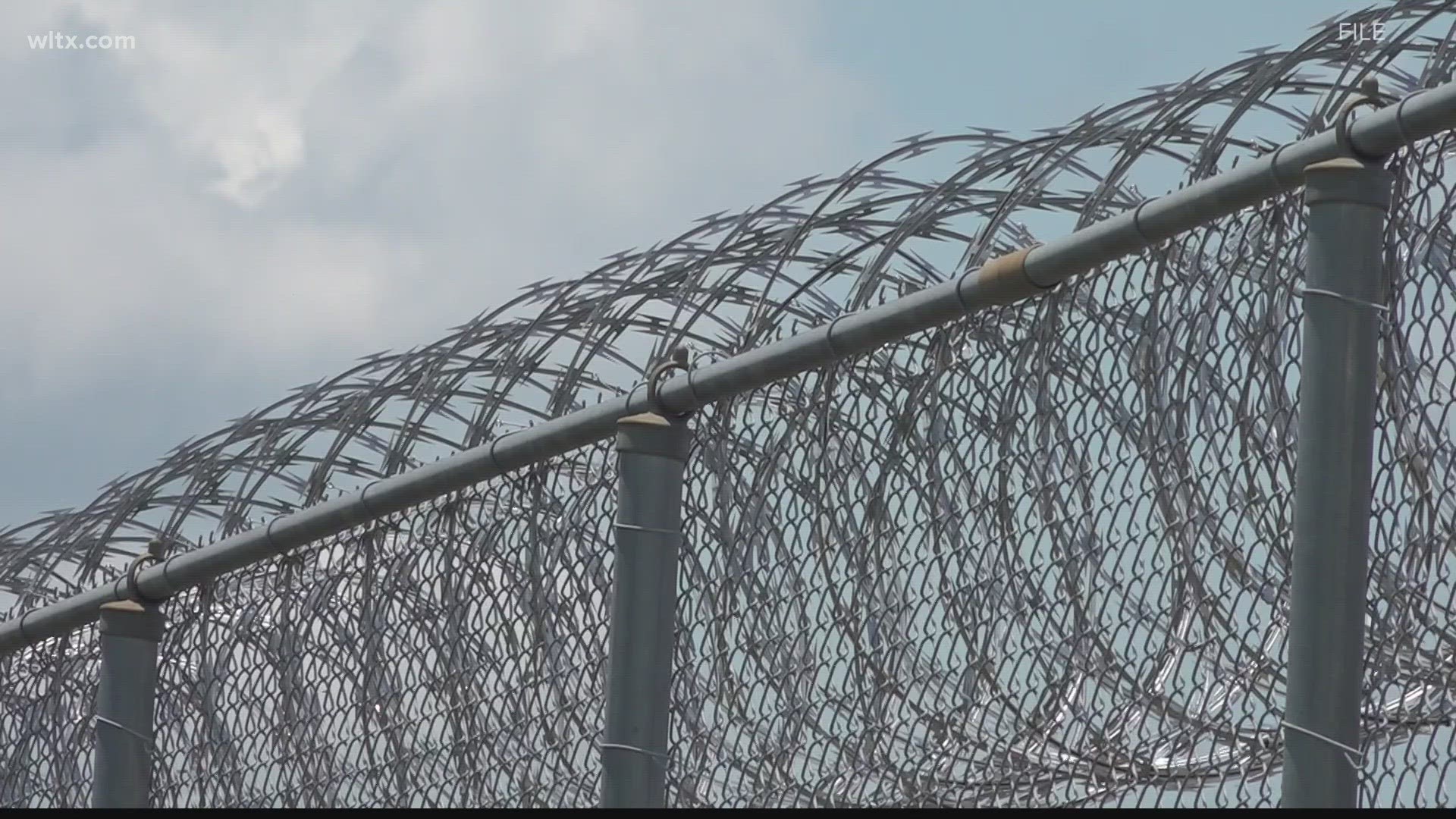COLUMBIA, S.C. — A bill that changes the way bonds are set in our state is on it’s way to the governor’s desk to be signed into law.
For months, lawmakers have debated the House bill 3532, which aims to keep repeat violent offenders off the streets.
This morning, three House representatives and three state senators held a conference committee where they unanimously approved four changes to the bill. That version then passed in both the Senate chambers and the House chambers.
"Public safety is the number one function of any government," South Carolina Senator Greg Hembree says. "If we don’t get that right, then the rest of it doesn’t really matter. If we can’t keep our citizens safe…if you can’t go outside the door, you can’t get to the schoolhouse. You can’t do the other things that our society and our community need to do."
It's why Hembree says the House and Senate have been focused on passing a bill to stop people charged with violent crimes from getting out on bond and repeating another violent crime while they’re awaiting trial.
In Wednesday’s conference committee, a six-member panel outlined the bill, making a few changes to the previous version. This bill allows judges to sentence repeat offenders up to five more years in prison on top of their sentence for the initial crime. The committee decided this is not mandatory, which they say allows judges flexibility.
"While it gives the courts, it gives the criminal justice system the ability to pursue this crime if it’s warranted, it also gives a lot of flexibility and discretion for everybody in the system to decide is it worth pursuing, is it not, is it appropriate to pursue the second conviction," Hembree shares.
"There’s no penalty for the government saying you did something wrong, Rep. Todd Rutherford told other representatives.
When it moved to the House, Rutherford pushed back, saying this would give the government too much power.
"What happens to the government, what happens to a law enforcement officer when he raises the charge to violent even though it’s not?" Rutherford questioned.
Rutherford also took issue with the tiered system, which requires third and fourth time offenders to pay a 100% cash bond without a bondsman. He says this system benefits wealthier people who can put up that money.
"If you are a subsequent violent crime and you are out on bond, the judge has to give a 100% cash bond. But you can also use a bondsman. Third or fourth or fifth, whatever time you’re out on bond for a violent crime then it’s 100% cash bond and you can’t use a bondsman," Rep. Jeff Johnson, who presented the bill to the House, says. "The electronic monitoring the judge has the tool where the judge can say in lieu of setting a bond, I’m gonna give electronic monitoring."
Ultimately, both chambers did vote to move forward with the legislation.
"You’ve got about 20% of the defendants doing about 80% of the crime, so it’s true. It's real," Hembree explains. "We need to focus our best efforts on that 20% and try to tackle those chronic offenders."
Now that bill is being sent to the governor’s desk. Once signed, it will become effective immediately, although provisions about electronic monitoring standards will not go into effect until July 1, 2024.
"Everybody’s heart was in the right place and bot the house, the senate, across party lines we were striving to make the public more safe," Hembree says. "That was just the bottom line, that’s the short answer to this. So our hearts were in the right place, it was really just a matter of working out the details."
A bill punishing fentanyl trafficking and granting death benefits to first responders killed in the line of duty are also on their way to the governor’s desk now.
"We’ve been talking about this for a good while, it just is hey we need to help these families. When they lose somebody, you can’t make that up ever. But this helps the family," Rep. Craig Gagnon shares about Senate bill 108, which l would make it so law enforcement officers killed in the line of duty will receive a death benefit payment. "It tells our first responders and our police officers, hey we care about you, we want to take care of you in the event something terrible happens, a catastrophe. So I think it sent the right message."
As soon as the bills are signed, they will go into effect.

